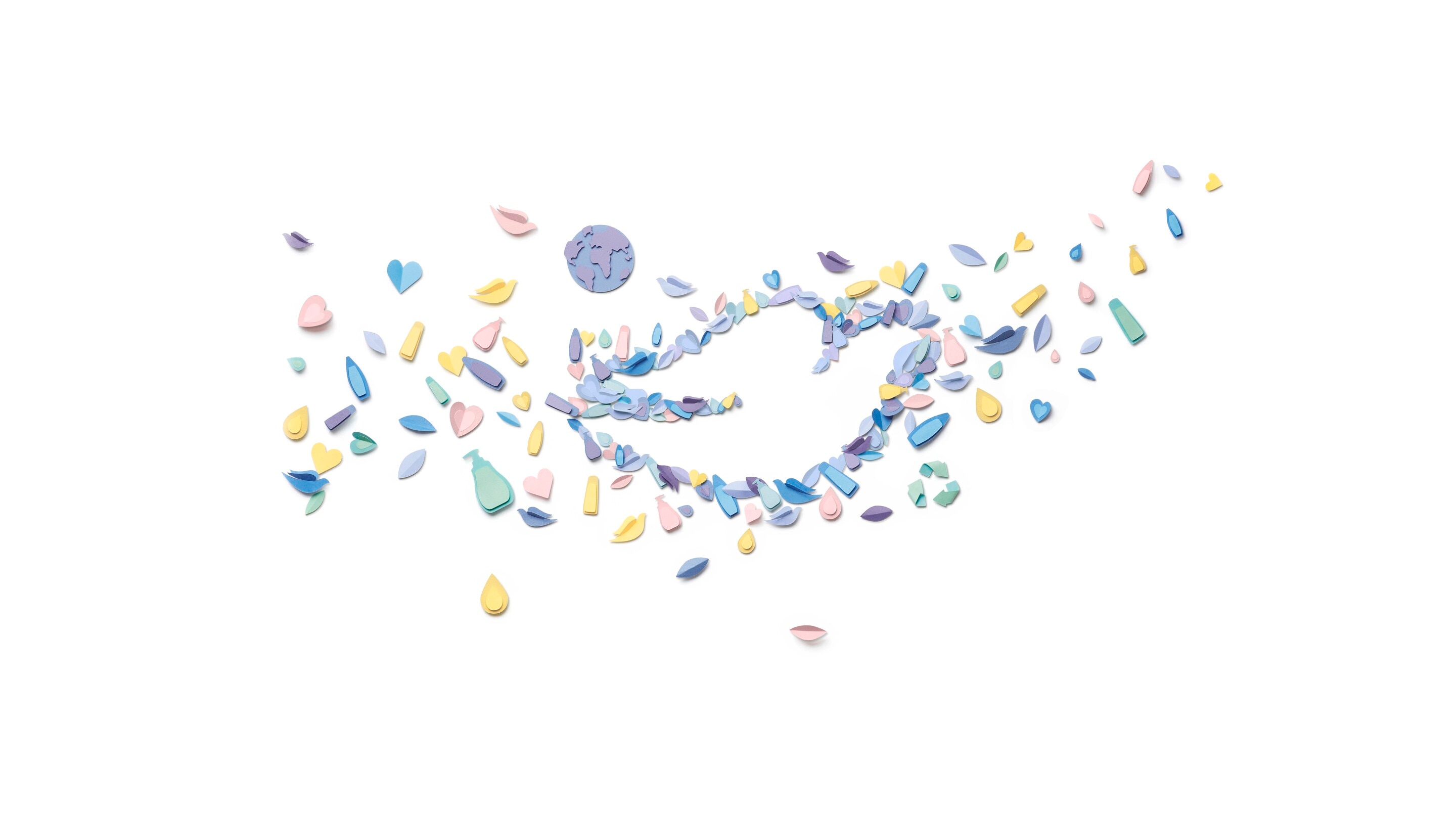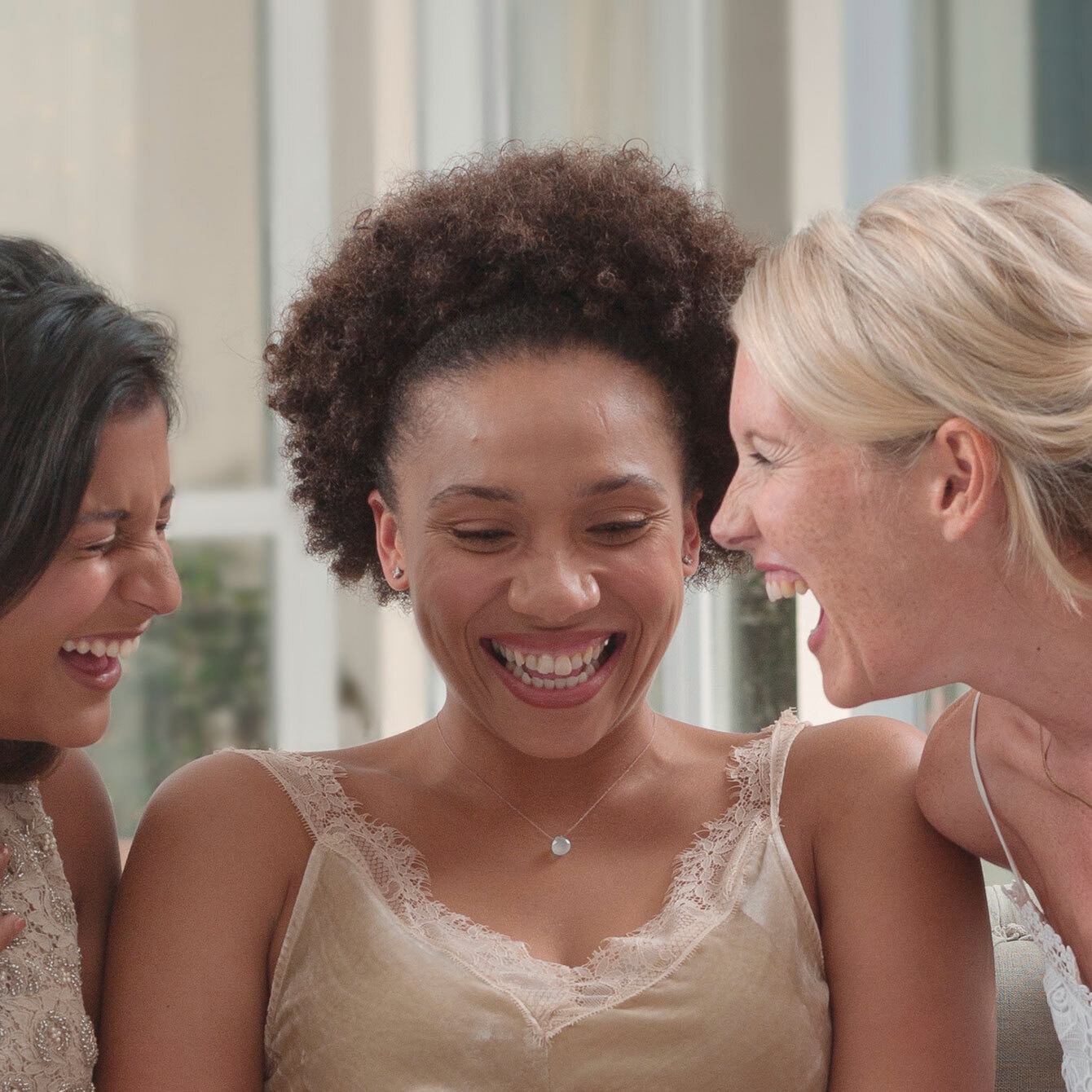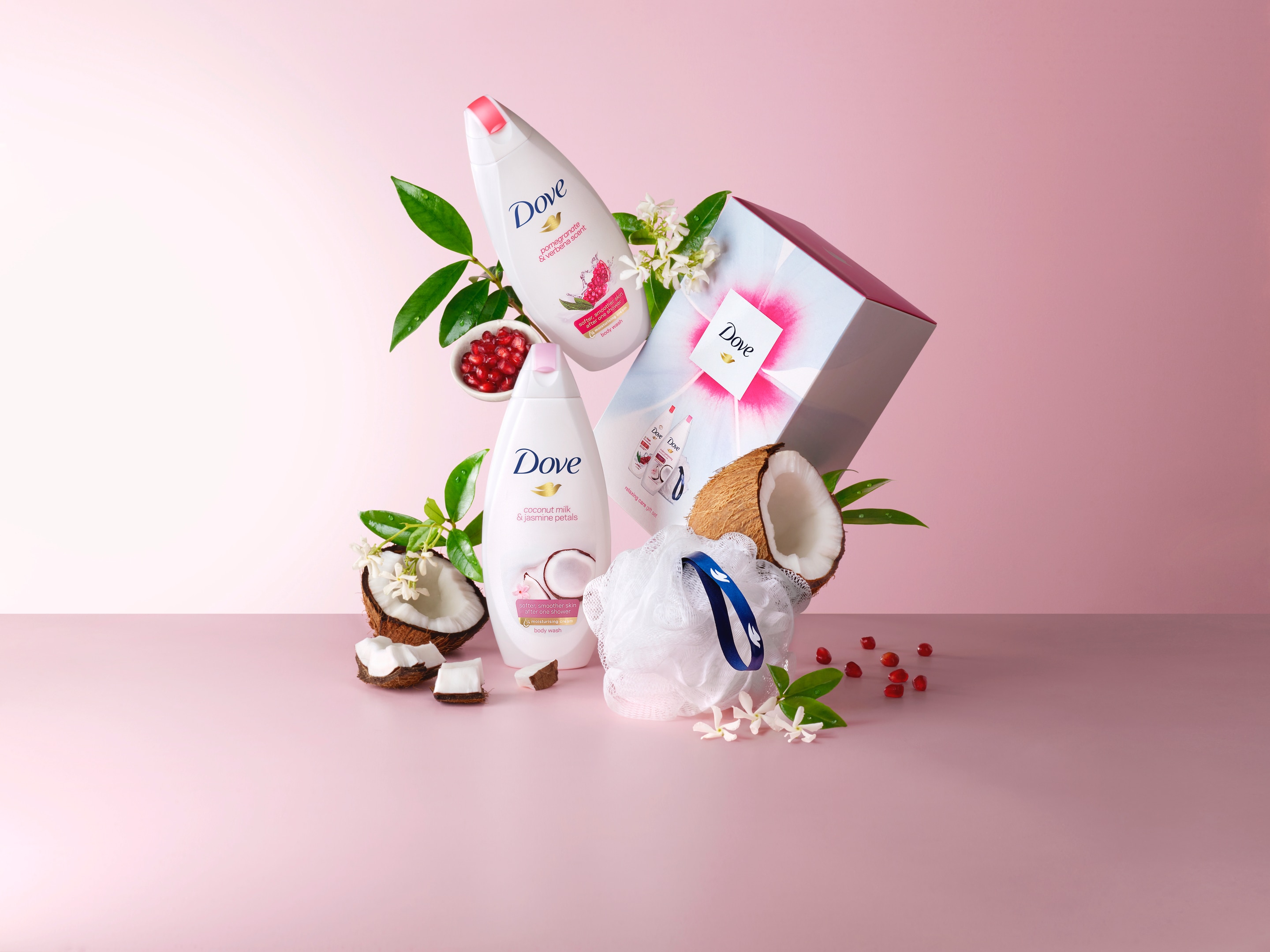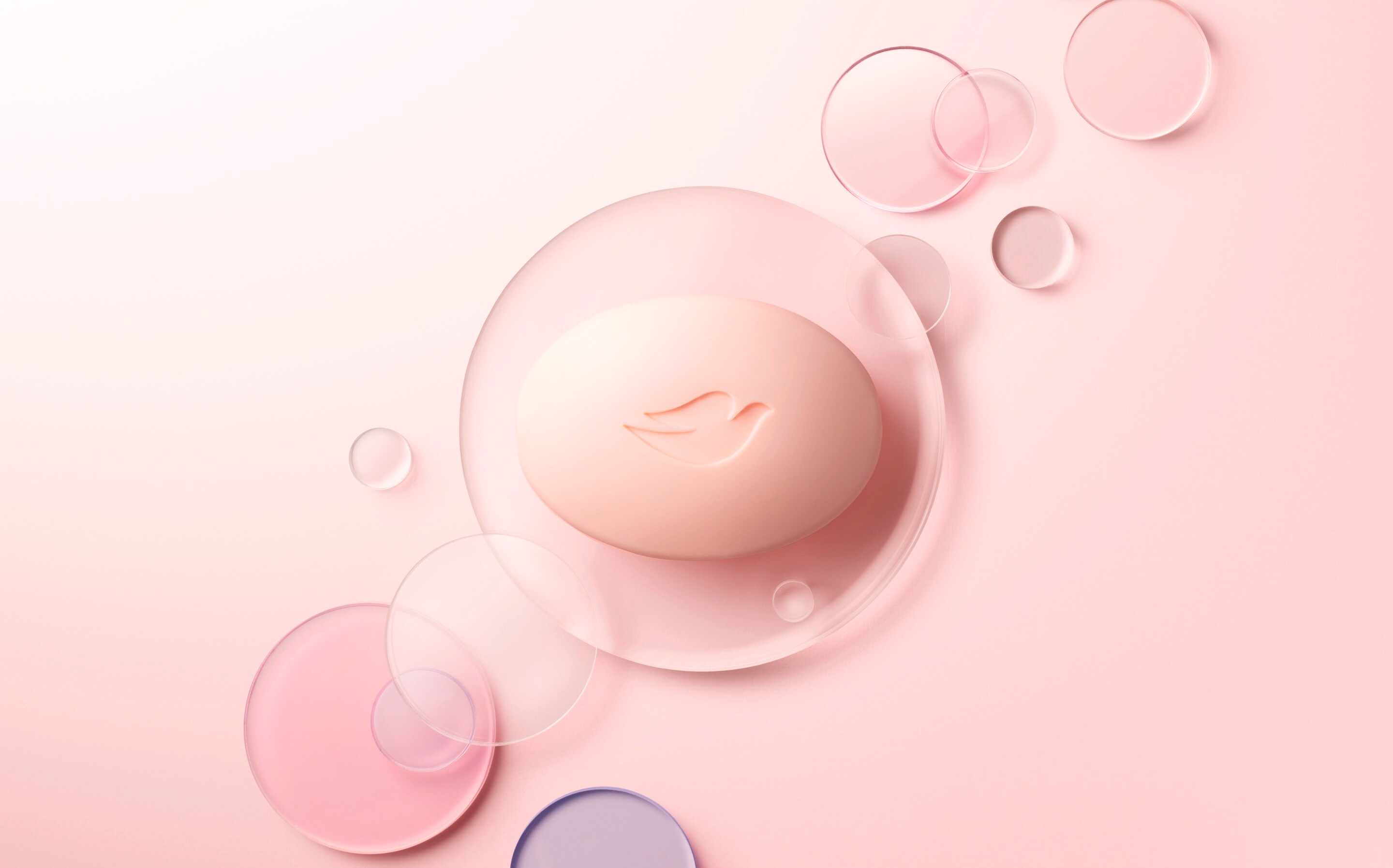To date, more than 8.30 billion tonnes of plastic have been created, and most of this has been discarded. If current rates continue, 12 billion tonnes will be in landfill or our natural environment by 2050. That’s why we at Dove, one of the largest beauty brands in the world, are revealing an agenda-setting commitment to tackle the global beauty industry’s plastic waste issue.
This extensive and exciting strategy will generate a massive impact, and will reduce our use of virgin plastic by more than 20,500 tonnes a year. The amount of virgin plastic we will save each year would be enough to circle the Earth 2.7 times.1 We have opted for a long-term initiative rather than one-off limited editions to ensure a greater and sustained impact.
Dove is one of the most trusted and loved beauty brands across the globe. Plastic waste is one of the biggest environmental threats our planet is facing, and reducing it is a priority for both consumers and business as a whole. That’s why we are paving the way with industry-leading innovations, eliminating the use of virgin plastic where possible, and using alternative materials and packaging innovations that are setting the agenda for the beauty industry.
We are now following the NO│BETTER│LESS PLASTIC framework which follows:
Our iconic Beauty Bar single packs will be plastic-free globally,2 and development is underway to replace the plastic outer-wrap of its Beauty Bar multipacks with a zero-plastic material.
We are committed to investing in more sustainable plastic choices to reduce the use of virgin plastic. This included the launch of 100% recycled plastic (PCR) bottles where technically feasible, in North America and Europe – across almost all of our ranges (Dove, Dove Men+Care, and Baby Dove).3 We continue to search for solutions where recycled plastic is not currently technically feasible, including for caps and pumps.
We will leverage the technology behind our new reusable, refillable, stainless steel format deodorant sticks: minim™. The technology minimises waste by radically reducing the amount of plastic required. The launch date is not yet confirmed but work is well underway.
The new initiatives expand on Unilever’s industry-leading commitment to make all its plastic packaging reusable, recyclable or compostable by 2030 (for rigids) and 2035 (for flexibles). They build on a long history of industry-leading action on plastic alternatives, which saw Dove avoid the use of more than 10,000 tonnes of virgin plastic in the last decade. Marcela Melero, Dove Global Skin Cleansing Vice President, explains: “At Dove, we believe in care that goes further: for our consumers as well as our planet. We are passionately committed to being one of the brands making the biggest impact against plastic waste. We know we’re not perfect, but we can’t afford to wait. We’re working to have the biggest positive impact we can, as quickly as we can, and empowering others to do the same.” We are committed to leading the fight against plastic waste, and catalysing change within the industry and beyond. Through these initiatives, we call for collaborative, accelerated action to help resolve the world’s plastic problem, shifting both commercial and consumer behaviour to turn the tide against plastic waste.
- The equivalency figure for the amount of virgin plastic bottles Dove will no longer use is calculated on the basis of lining up Dove 16 FL.OZ/473mL bottles end to end.
- Production timing pending on development test results.
- There are only few exceptions within the whole portfolio that are not fully 100% recycled bottles but still present a very high percentage in certain specific markets, and the plan is to achieve 100% very soon. These exceptions are:
- In EU, Dove bottles with MuCell technology will be at 97% recycled plastic content by end of 2020. Liquid hand wash, also with MuCell technology, will be at 97% recycled plastic but we had to postpone the implementation to Q3 2020 as we couldn’t find enough recycled plastic.
- The self-foaming and liquid hand wash formats in NA will be at 78% recycled plastic. We continue to explore possible options to move these products to 100%.
- Deodorant packs are made mainly of polypropylene. Currently, there is not enough reliable, good quality recycled polypropylene available to allow for 100% application. So we have started with as much recycled plastic as we can incorporate, without negatively impacting the functional properties of the pack. The percentage of recycled plastic differs, depending on the structures (for example, sticks versus roll-ons) and the pack colours.
- Certain types of colour-vignetted bottles in our hair range in NA and EU where no technical solution yet exists, but we are exploring ways to make a similar move.
Conscious Beauty
What's more beautiful than caring for the planet? We've partnered with Refinery29 to bring you the inside scoop on sustainable beauty, with top tips for creating a more eco-friendly routine.
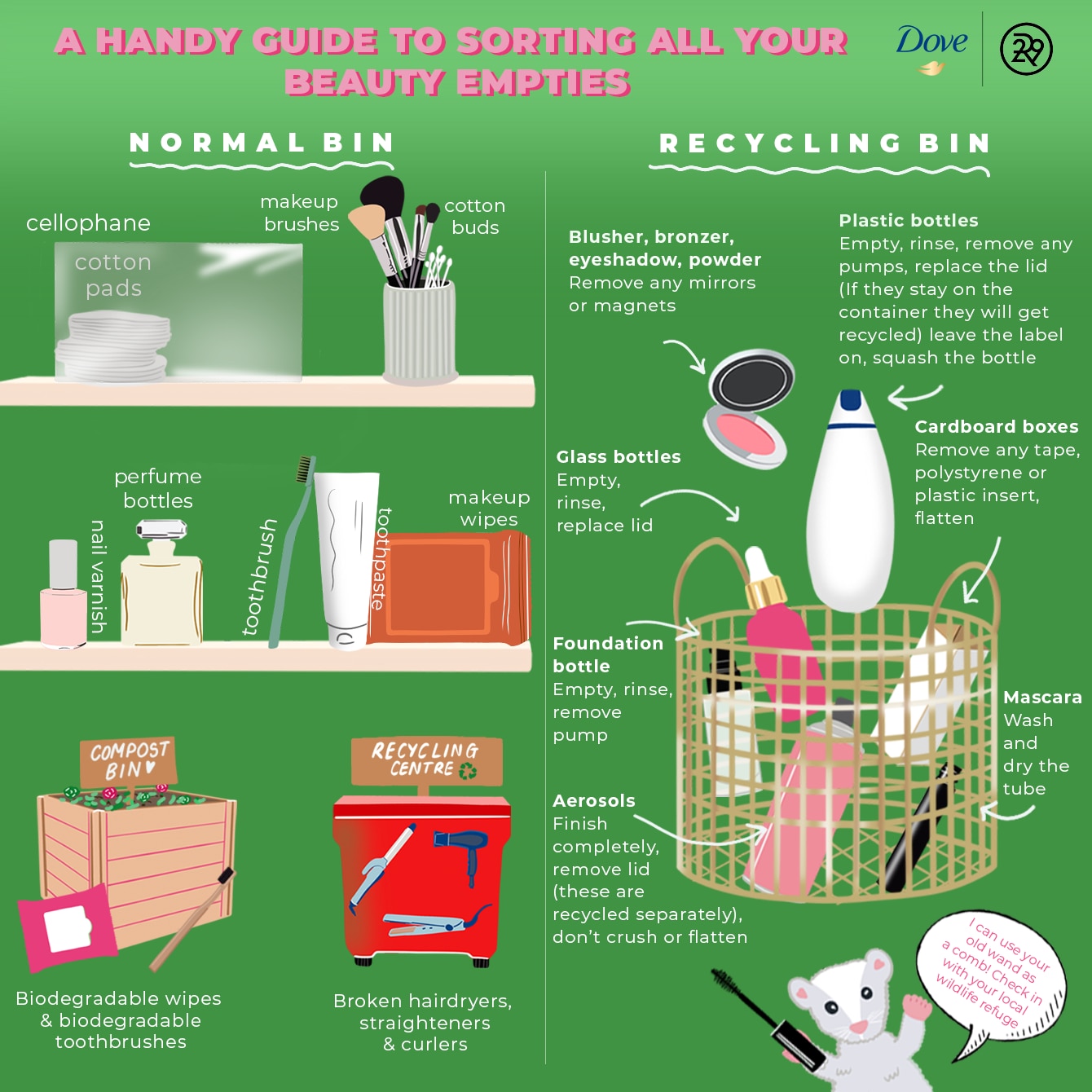
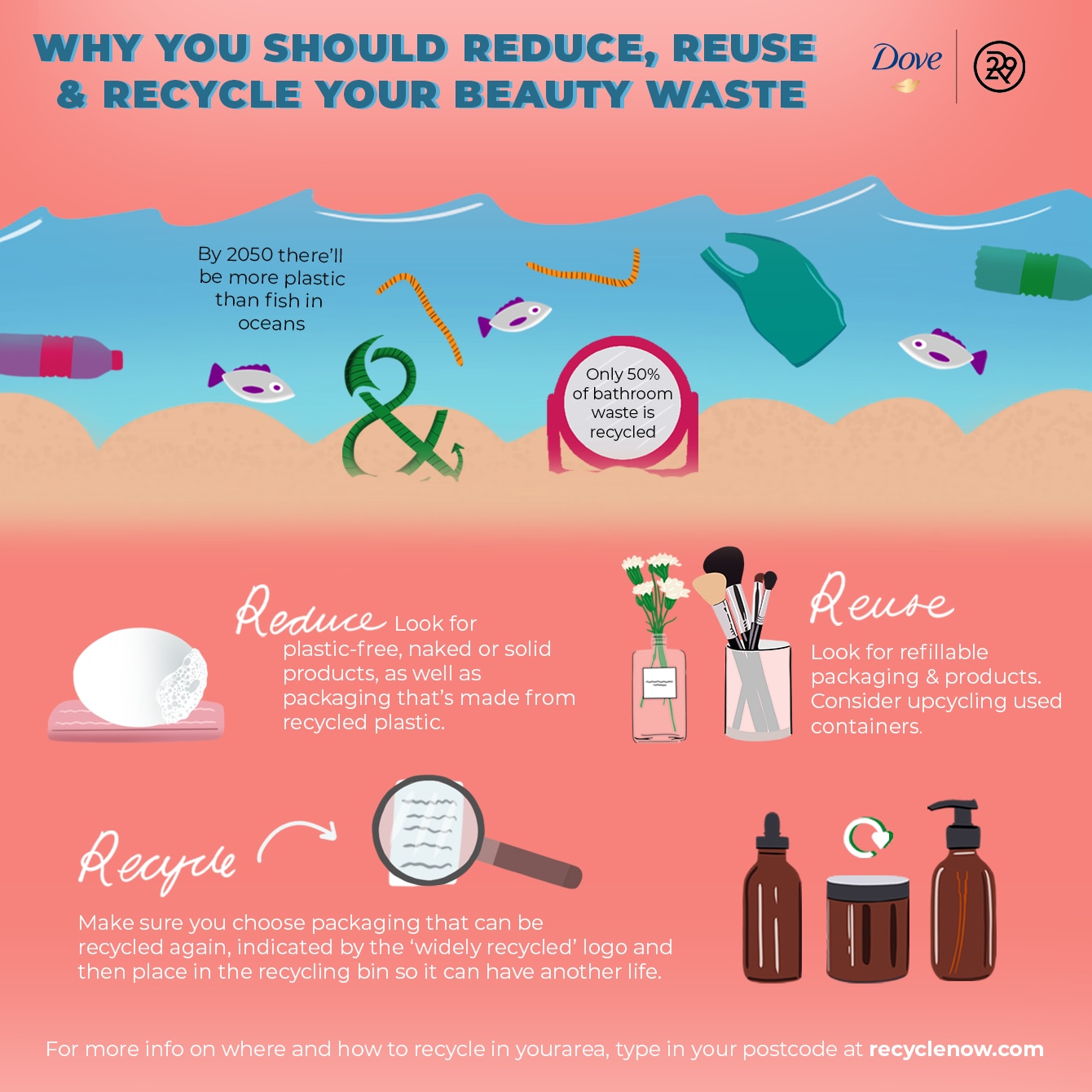
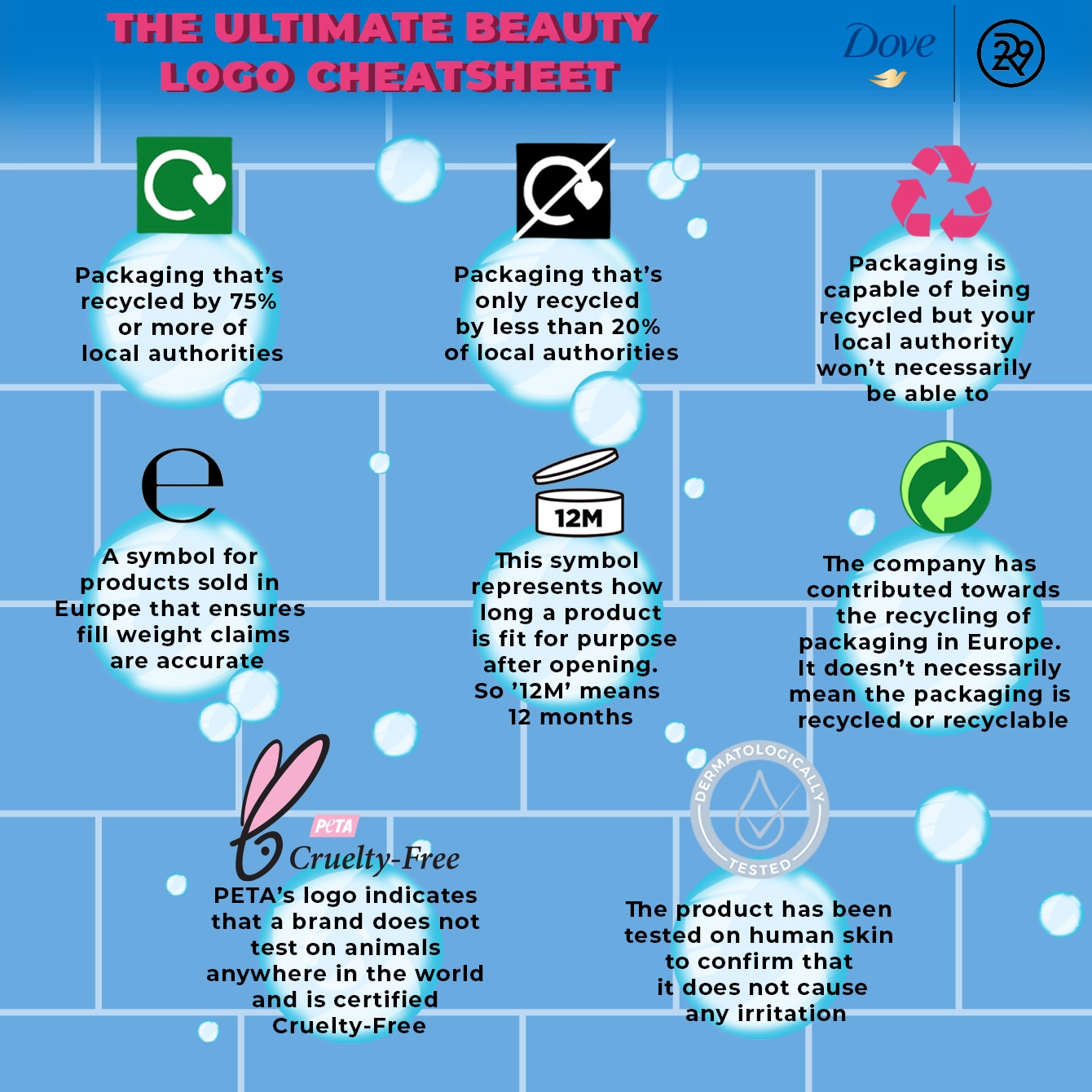

Learn more about us
Find out more about the causes we care about and the work we're doing to support them

